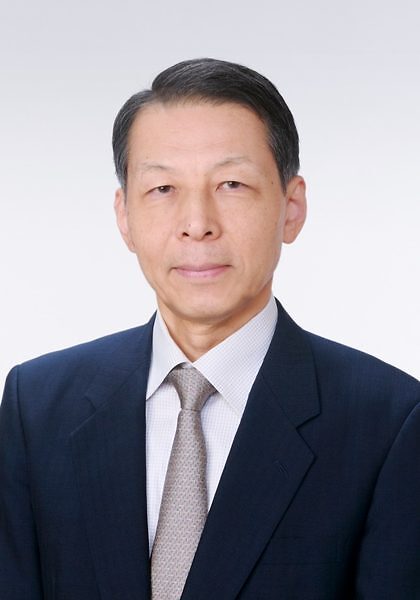Colon cancer metastasis: from mouse models to clinical applications

Date
Location
Description
Dear All,
Cell Signal Unit (Yamamoto Unit) would like to inform you of a seminar by Dr. Makoto Taketo from Graduate School of Medicine, Kyoto University and Kitano Hospital, Osaka.
-----------------------------------------------------------
Date: Wednesday, Fabruary 19, 2020
Time: 13:00-14:00
Venue: D015, Level D, Lab 1
-----------------------------------------------------------
Speaker:
Dr. Makoto Taketo, Graduate School of Medicine, Kyoto University and Kitano Hospital, Osaka
Title:
Colon cancer metastasis: from mouse models to clinical applications
Abstract:
Colorectal cancer is one of the leading causes of cancer deaths in most developed countries. If the disease is found in early stages, most patients can be cured by surgery. On the other hand, the disease is often fatal once it metastasizes to vital organs as liver or lungs. Accordingly, it is essential for us to understand, prevent and treat metastasis.
In an attempt to understand colon cancer metastasis, we earlier used a mouse model in which transplanted tumor cells can metastasize from the rectum to liver and lungs, and analyzed the molecular mechanisms. As the result, we found that Notch signaling is involved, causing activation of a GEF protein through tyrosine phosphorylation at a specific residue. Importantly, this phosphorylation has turned out to be a strong biomarker that can predict poor prognosis before the tumor becomes metastatic.
To translate our findings to clinics, we developed a monoclonal antibody for the biomarker detection, extended clinical studies, and confirmed our initial finding. At the same time, we have accumulated human colon cancer tumor initiating cells (or, cancer stem cells) from many patients. By transplanting these stem cell lines, we have tested whether these cells can metastasize when transplanted orthotopically in immunocompromised mice. We have also exploited the stem cell culture to evaluate chemotherapeutics, and retrospectively tested their efficacy compared with that in the patients.
These results will be discussed together with future directions in cancer chemotherapy.
References: Sonoshita et al. Cancer Cell 19:125-37, 2011; Sonoshita et al. Cancer Discov 5:198-211, 2015; Miyoshi et al., Oncotarget 9:21950-64, 2018; Maekawa et al., Mol Cancer Ther 2018, 17:2187-96, 2018; Kakizaki et al., in preparation.
Host:
Prof. Tadashi Yamamoto
We hope to see many of you at the seminar.
Best regards,
Yuki Nakagawa
Research Unit Administrator
Cell Signal Unit
Subscribe to the OIST Calendar: Right-click to download, then open in your calendar application.



